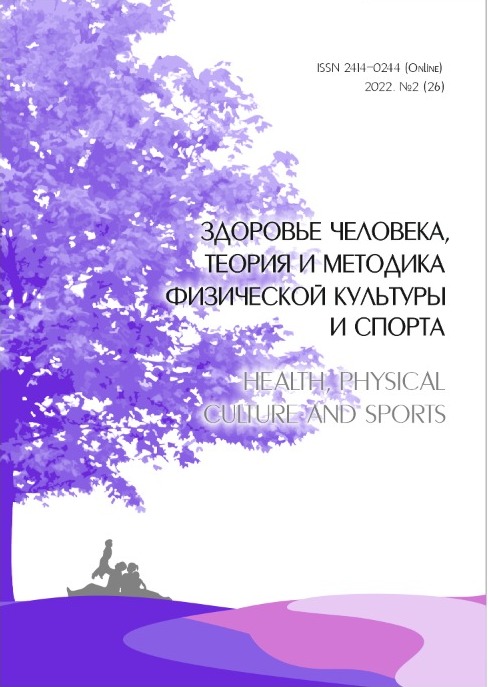IMPROVING THE QUALITY OF PROFESSIONAL EDUCATION OF FUTURE PHYSICAL EDUCATION TEACHERS
Abstract
The actualization of modern problems related to the need to improve the quality of professional education of future physical education teachers is due to many factors, and above all, the dynamics of improving the modern educational process. Based on these problems, ensuring the necessary quality of teacher training is directly related to the urgent need to train highly qualified teachers who are endowed with the necessary professionally significant personal qualities, able to successfully communicate with students, based on a competent and student-oriented approach. It seems that the correction of the current situation, in particular, on the issues of increasing the level of professional training of physical education teachers, requires the adoption of immediate measures.
Downloads
References
Виленский М. Я., Образцов П. И., Уман А. И. Технология профессионально-ориентированного обучения в высшей школе: учебное пособие для студентов высших учебных заведений, обучающихся по специальности 033400 — Педагогика / под ред. В. А. Сластенина. Орел, 2008. 269 с.
Караев В. Ш. Педагогические условия как фактор повышения профессиональной компетентности педагога физической культуры // Проблемы современной науки и образования. 2020. № 6. С. 55–58.
Каршиева Д. Э. Педагогическая интерпретация профессиональной компетентности преподавателя // Большая педагогическая конференция : сборник статей Междун. научн.-практич. конференции. Пенза : МЦНС «НАУКА и просвещение». 2021. С. 17–20.
Миронова С. П. Инновационные технологии в профессиональной подготовке бакалавров: монография / С. П. Миронова, Е. Б. Ольховская, Т. А. Сапегина. Екатеринбург : Рос. гос. проф.пед. ун-т, 2019. 171 с.
Найн А. Я., Бирюкова Т. А., Виноградов С. А., Гаинцев С. В. Педагогическое управление процессом развития учебно-познавательной ориентации педагогов в системе дополнительного профессионального образования // Педагогико-психологические и медико-биологические проблемы физической культуры и спорта. 2015. Т. 10, № 1. С. 105–116.
Официальный портал Федеральной службы государственной статистики. https://rosstat.gov. ru/storage/mediabank/Zdravoohran-2021.pdf (дата обращения: 15.03.2022).
Пархоменко Е. Н., Сакович Н. В. Профессионализм педагога как условие обеспечения качества образования в целях устойчивого развития и критерии его оценки // Проблемы устойчивого развития регионов Республики Беларусь и сопредельных стран : сб. материалов X Междун. научн.-практич. конференции (Могилев, 13–14 мая 2021 г.). Могилев: МГУ им. А. А. Кулешова, 2021. С. 316–320.
Попова Н. В., Данике К. К. Здоровьесберегающие технологии в работе со студенческой молодежью: анализ и пути совершенствования // Физическая культура. Спорт. Туризм. Двигательная рекреация. 2021. Т. 6, № 3. С. 119–124. Сапегина Т. А. Сохранение и укрепление здоровья молодого поколения в образовательном пространстве вуза // Проблемы современного педагогического образования. 2020. С. 233–236.
Backman E. & Larsson H. What should a physical education teacher know? An analysis of learning outcomes for future physical education teachers in Sweden // Physical education and Sport Pedagogy. 2016;21 (2):185–200.
Copyright (c) 2022 Health, physical culture and sports

This work is licensed under a Creative Commons Attribution-NonCommercial 4.0 International License.
An author should not normally publish manuscripts describing essentially the same research in multiple journals or publication venues. Such redundant publication is generally considered to constitute unethical publishing behavior, and if discovered may result in a manuscript under consideration being rejected, or a published article being retracted.
Authors of manuscripts reporting on original research should present an accurate account of the work performed, accompanied by an objective discussion of its significance. Underlying data should be represented accurately in the manuscript. The manuscript should contain sufficient detail and references to permit others to replicate the work. The fabrication of results and the making of fraudulent or knowingly inaccurate statements constitute unethical behavior and may be cause for rejection or retraction of a manuscript or published article.





